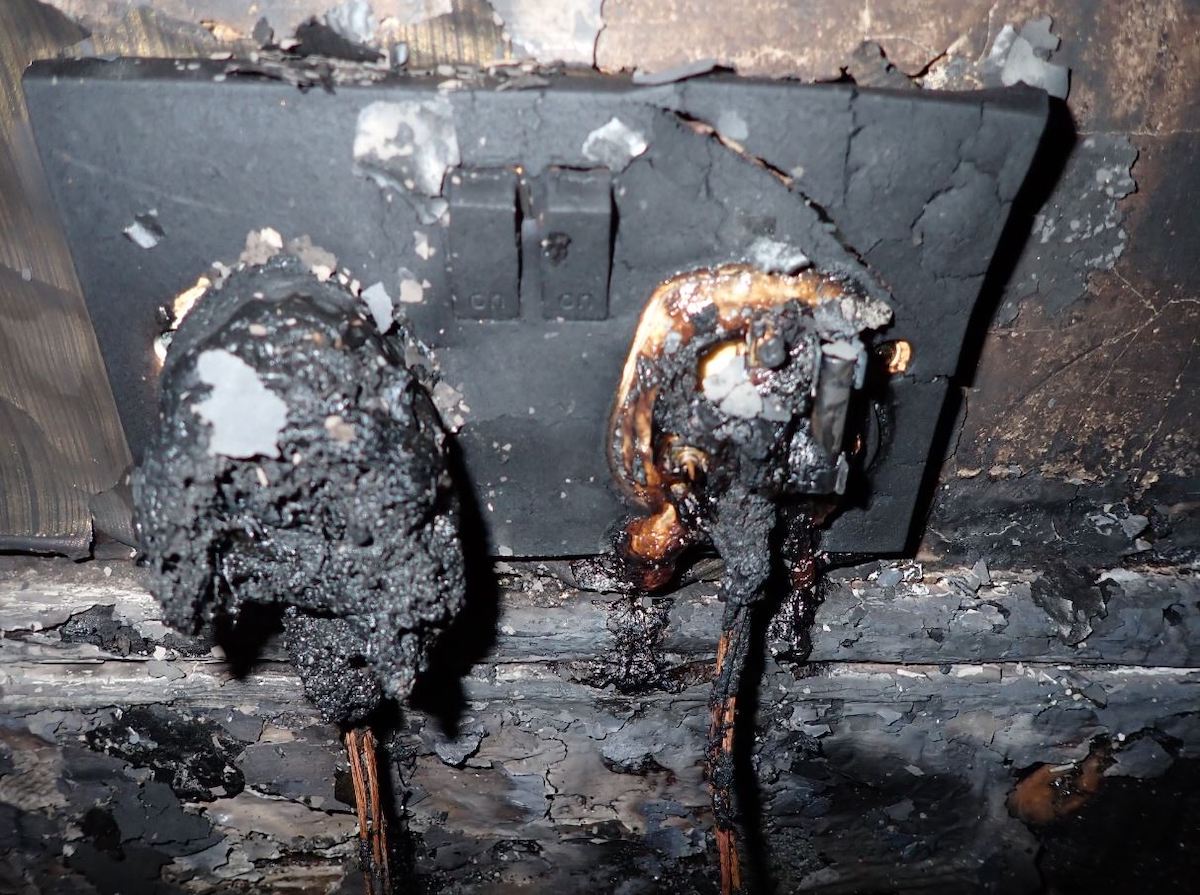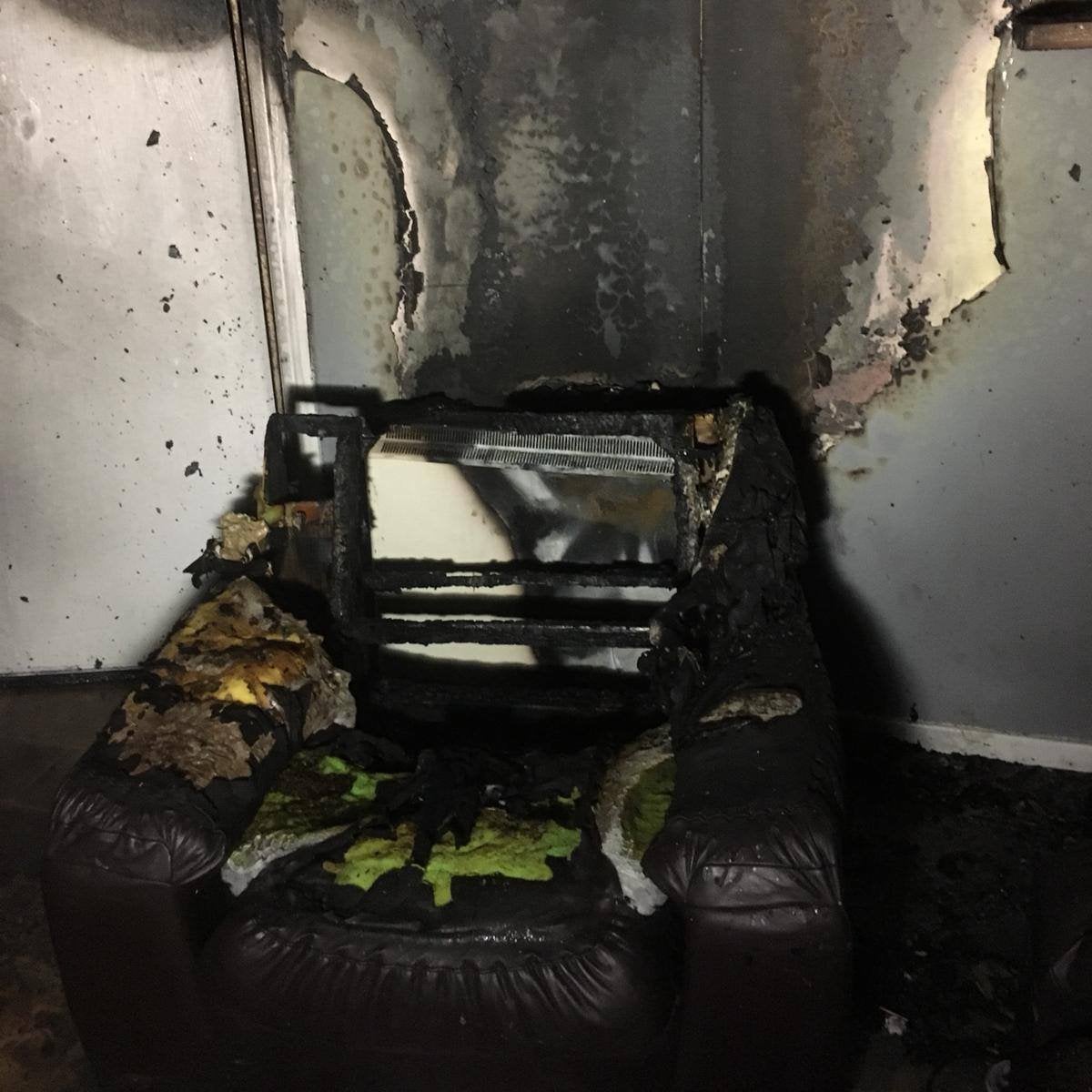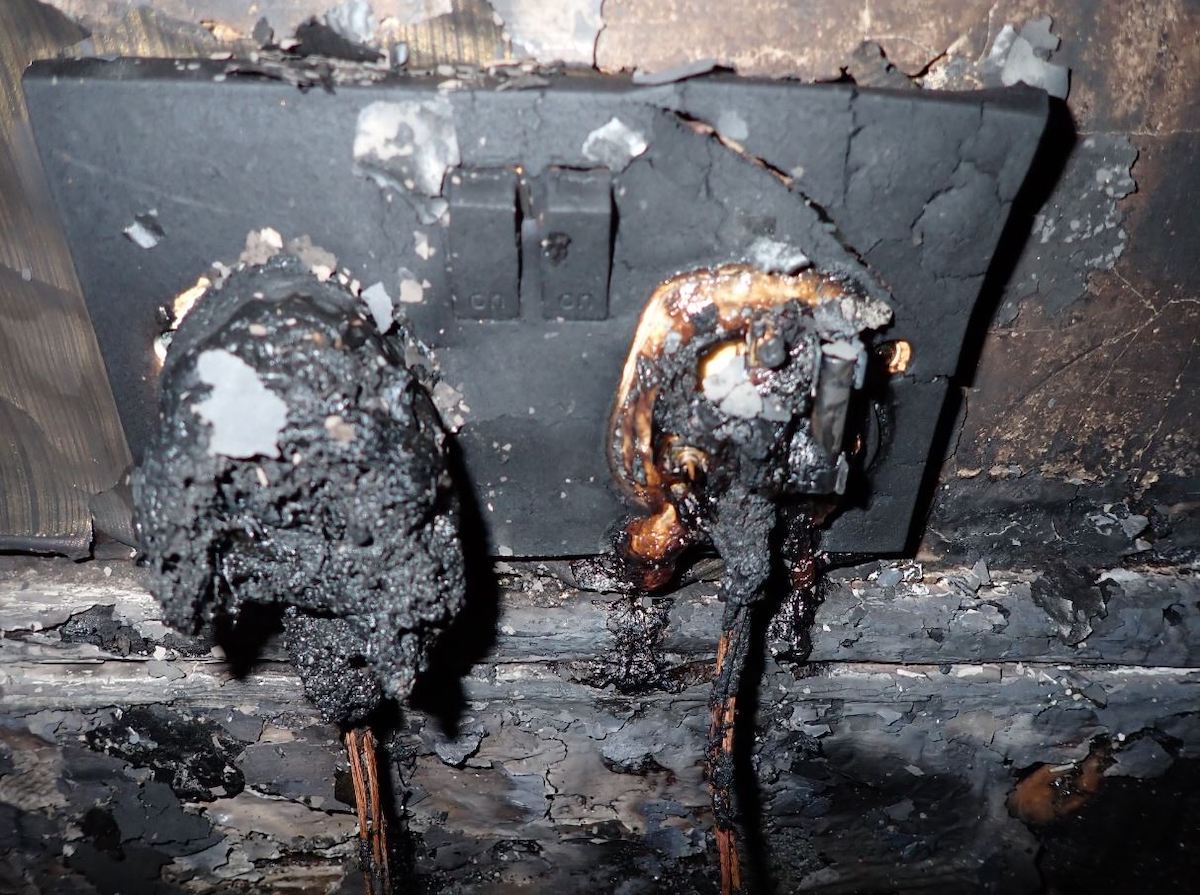
As UK temperatures plummet below freezing, fire services have warned of the dangers of alternative heating.
That includes lighting fire places, wood burners, using hot water bottles, electric heaters and electric blankets.
The Tyne and Wear Fire and Rescue Services (TWFRS) have advised people to practice fire safety during the cold snap, as households across the UK face soaring energy bills.

With gas prices having risen by 80% on 1 October, many are turning to alternative forms of heating their homes, using hot water bottles, heaters and electric blankets to keep warm.
A yellow weather warning is in place for the majority of England and Scotland’s east coast, applying to all coastal areas between Orford in Suffolk and North Berwick in East Lothian.
The Met Office has forewarned of ice across eastern England and southeast Scotland, from 6pm on Wednesday to noon on Thursda.
TWFRS recommends keeping one metre between electric heaters, clothing and furniture, refraining from using hot water bottles with electric blankets or from leaving electric blankets or heaters on overnight. It has also advised people to ensure their smoke alarms are working.
Group Manager Steve Thomas, Head of TWFRS’s Prevention and Education Department has reminded the community that the service will always be on hand to offer support.

“This is a difficult time of year for many residents across Tyne and Wear even without the added pressures of rising energy prices”, his statement read.
“We have already seen examples of people trying to heat their homes in alternative ways but thankfully there have not been any serious incidents in our region.
“Elsewhere in the country people have had their homes destroyed as a result of fires caused by electric heaters, blankets or a blocked chimney.
“That not only puts lives at risk but could lead to you being left homeless this Christmas or significantly out of pocket.
“We want people to follow our simple fire safety tips and, if you have any concerns, please don’t hesitate to contact us if you need additional advice.
“We would also ask you to look out for vulnerable friends, families and neighbours and, if appropriate, we will be able to organise a free home visit.”







